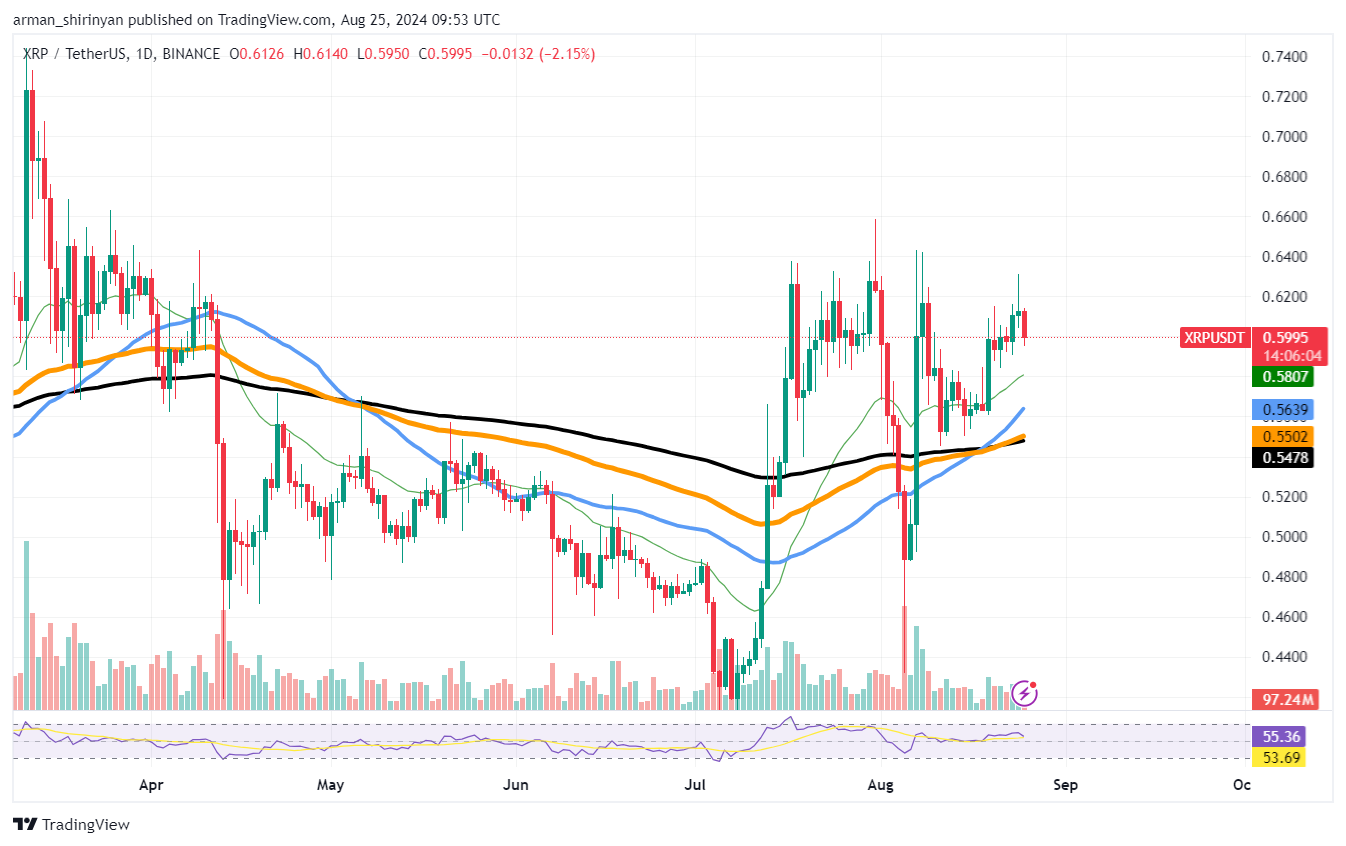In the ongoing legal saga between Coinbase and the SEC, Coinbase has challenged the SEC’s denial over its rule-making petition where the SEC firmly holds its stance that there is no necessity to replace existing security regulations. Coinbase believes that the current regulatory landscape is not working for the crypto and has filed a petition to establish a new regulatory framework customized specifically for crypto.
Coinbase’s Rulemaking Attempt Futile; Says SEC
The SEC in its recent filing cites that Coinbase’s attempt to manufacture compelling circumstances that might justify immediate rulemaking is futile. SEC stands by its decades-old regulatory framework and notes that the framework continues to effectively protect investors, maintain market integrity, and facilitate capital formation. It also stated that the Commission has not changed its position regarding its authority over crypto securities, as was claimed by Coinbase.
Coinbase has filed for permission to an appeal court to ask if the long-established Howey test should apply to digital assets, while it hopes that it does not. This comes in the light of SEC’s accusation that Coinbase operates as an unregistered broker, exchange, and clearing house in the US, as according to the regulators, where some cryptocurrencies are securities, meeting the Howey Test, they need to get registered.
Coinbase Pivoting From Its Legal Question?
The SEC also argued that Coinbase was trying to create a new legal test for how crypto might fit into existing securities given that a district court judge had already rejected it. SEC also stressed on the point that while Coinbase’s appeal focuses on a specific legal question regarding the ‘contractual obligation’, its argument on the application of the Howey Test to crypto is completely different.
The filing also stated that the Commission has carefully considered Coinbase’s petition and has reasonably determined that the requested rulemaking was not justified in light of ongoing regulatory initiatives and competing regulatory priorities. But if the Court finds that explanation insufficient, a remand, at the most would be proper and not on order compelling the SEC to undertake rulemaking.
Given the perceived SEC’s negative outlook on the crypto industry over compliance issues and its recent regulatory tussles between giant crypto players, it’s worth watching how the regulatory narrative will unfold.
Also Check Out : Uniswap Founder, Cardano’s Hoskinson and Mark Cuban Reveals Crypto’s Influence on the Next U.S. Presidential Elections







